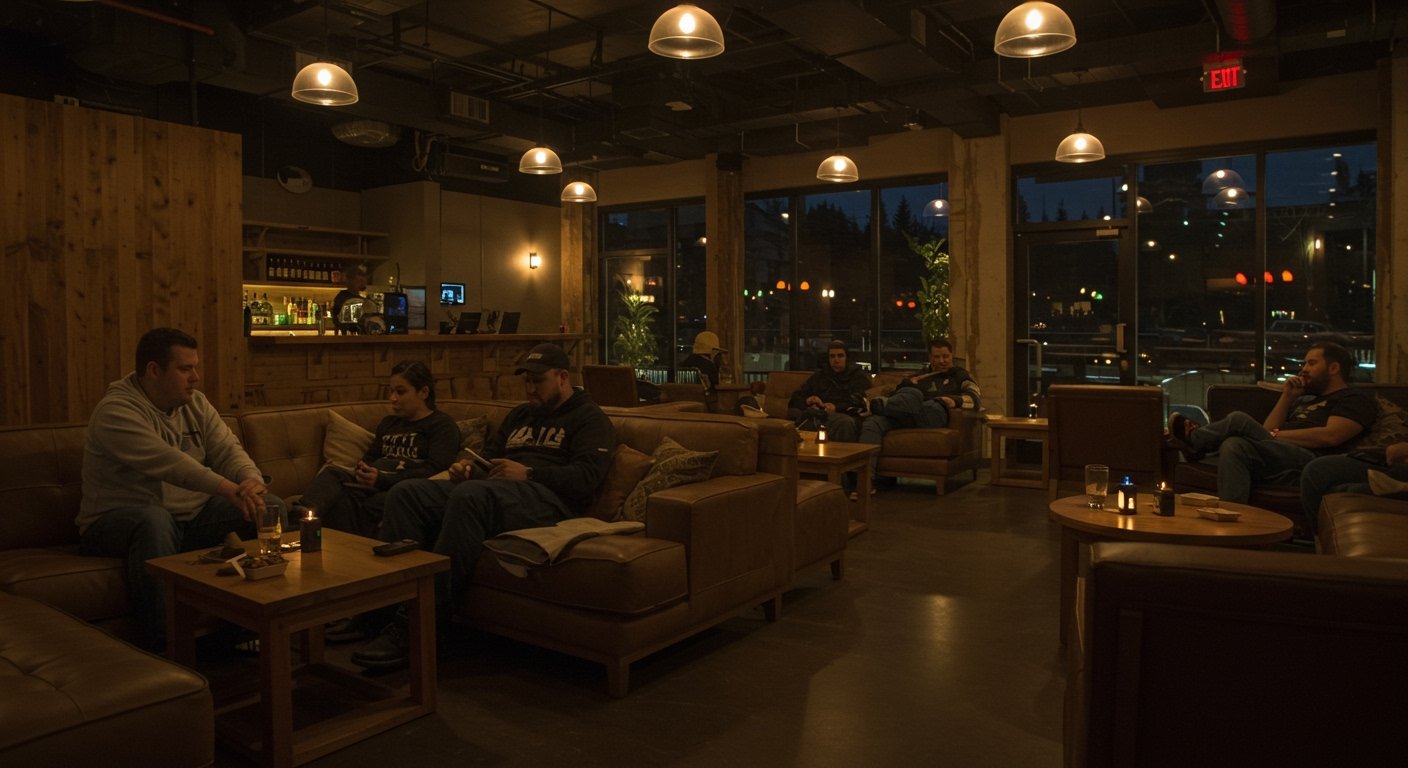A new, comprehensive study from Portland State University’s Department of Criminology and Criminal Justice is challenging the widely held perception that Oregon’s 2020 ballot measure 110, which decriminalized possession of small amounts of drugs, is responsible for the state’s escalating crime and overdose rates. The groundbreaking report, spanning drug policy changes from 2008 to 2024, found scant evidence to link the controversial decriminalization policy directly to the surge in public safety and health crises that have gripped the state.
Disentangling the Drivers of Crisis
Lead researcher Brian Renauer unequivocally stated that the primary drivers behind the rise in crime and drug-related deaths were not the decriminalization efforts but rather the profound societal shifts brought by the COVID-19 pandemic and the relentless emergence of fentanyl. The study meticulously analyzed a vast dataset, concluding that the narrative attributing these woes solely to Measure 110 is overly simplistic and not supported by the data.
The Portland State University’s Department of Criminology and Criminal Justice report indicates that claims linking the decriminalization policy to increased crime or drug deaths simply do not hold up under rigorous analysis. Instead, Renauer and his team assert that external, unforeseen factors played a far more dominant role in the challenging landscape Oregon has faced over recent years. Their findings provide crucial context to ongoing public discourse and policy debates regarding the effectiveness and impact of Measure 110.
Overdose Rates on an Upward Trajectory
Crucially, the Portland State University study highlights that the tragic upward trend in overdose deaths was already well underway before Measure 110 even took effect. In 2020, the year the measure passed, Oregon recorded 816 overdose deaths. This grim figure continued to climb steeply, reaching a peak of 1,833 deaths in 2023. These statistics underscore Renauer’s assertion that underlying public health challenges, exacerbated by new, potent substances like fentanyl, were already driving mortality rates long before the decriminalization policy became a talking point in current news cycles.
Measure 110 itself targeted the possession of small amounts of various drugs, including cannabis, intending to reframe drug use as a public health issue rather than a criminal one. Proponents argued it would free up law enforcement resources and channel individuals toward treatment. However, the concurrent rise of highly potent synthetic opioids and the disruption of social support systems during the pandemic appear to have overridden any potential benefits, according to the comprehensive analysis spanning the years from 2008 to 2024, providing a longitudinal perspective on drug policy changes and their outcomes in the state.
A Shifting Policy Landscape
Despite the study’s findings, the political landscape in Oregon has already shifted dramatically. Lawmakers, responding to intense public pressure and perceived failures, have since ended the decriminalization experiment. The state has moved to allow for arrests for small drug possession, a significant reversal from Measure 110’s original intent. This legislative action reflects a societal pivot back towards a more punitive approach to drug offenses, driven by concerns over public disorder and safety.
However, recognizing the continued need for support services, individuals apprehended for such offenses now have the option to enter a deflection program. This program aims to divert them from the criminal justice system and into treatment or harm reduction services, offering a pathway to avoid charges while still addressing underlying addiction issues. This policy evolution reflects a complex balancing act between public safety concerns and the original public health goals of Measure 110, even as new data from the Portland State University study challenges the premise of the policy’s failure, offering a new perspective for future news coverage.
Implications for Future Policy
The findings from the Portland State University’s Department of Criminology and Criminal Justice offer vital context to the ongoing debate surrounding drug policy in Oregon. By meticulously separating correlation from causation, the study provides a critical lens through which to view the state’s complex challenges with crime and addiction. It suggests that while policy changes are often scrutinized, the deeper currents of global health crises and the evolving nature of illicit drug markets play a far more significant, and often overlooked, role in shaping public health and safety outcomes across the state. This report serves as a crucial resource for policymakers and the public seeking to understand the multifaceted factors at play.




